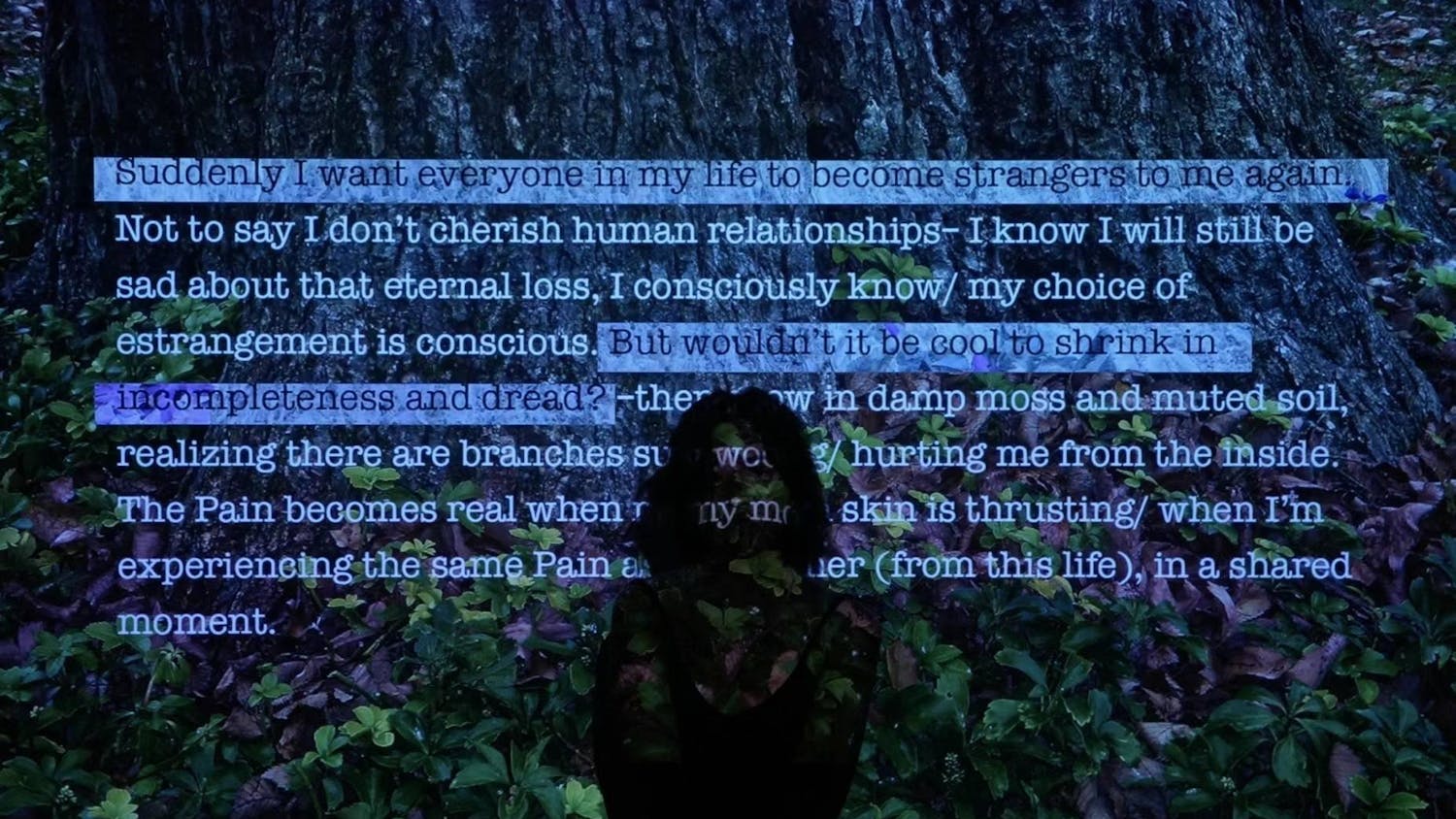In addition to providing entertainment and fostering a rich creative culture, Providence's arts scene serves another important purpose: stimulating the economy. Precisely that was the subject of the first annual DataFest, held Oct. 26 at the Trinity Repertory Company, which showcased massive amounts of data on how the arts contribute to Providence's economic vitality and quality of life.
DataFest 2012 drew a crowd of several dozen people affiliated with the arts, local universities and nonprofit organizations to hear about how data concerning the arts is more telling and important than it initially seems. Indeed, despite the high concentration of technical terms that caused a few audience members to doze, DataFest offered a very simple message: The arts are important for mental stimulation, emotional stability and the economy.
The data presentation was split into three separate talks over the course of the day. Ashley Berendt, an associate with public policy nonprofit the Pew Charitable Trusts, led the first presentation, a workshop titled "How to Use Your Cultural Data Project Data."
The talk discussed what the Cultural Data Project does and the effects of the data it is gathering. Essentially, groups associated with the arts can enter on the CDP's website data they have gathered about their net income, expenditure and cost breakdowns. That data is then compiled and published so that other groups similar in size and budget can compare it to their own.
The CDP, established in 2004, is now in use in 12 states and the District of Columbia, and other states are looking to join in on the data cultivation. The presentation also offered lots of facts and data on arts and culture participation in Rhode Island. This year alone, 436,207 people paid to attend arts and cultural activities in Providence, while 2,328,544 people attended free arts events. This data confirmed what many already suspected about Providence - for a city its size, it is doing very well when it comes to participation in the arts.
The second presentation, titled "Presentation of Arts and Economic Prosperity IV," was given by Randy Cohen, vice president of research and policy at Americans for the Arts. Cohen gave a lively presentation on the arts in history, and how since ancient times the arts have been aiding overall quality of life. Cohen talked about how the arts have created 4,669 full-time-equivalent jobs in Providence, and how Providence generates four to five times in industry expenditure and jobs than other cities its size. He concluded by saying in order to sustain the arts scene for the future, the way the arts are broadcast to the population must keep pace with the technology available.
Steven Wolff, founding principal of AMS Planning and Research and AMS Analytics, wrapped up the day with a presentation titled "Understanding Change in Providence's Arts and Cultural Sector." Wolff discussed how to sustain and promote the arts' growth in an unstable economy. One of the central questions in his presentation was whether the arts in Providence will continue to thrive. Though the economy is still unpredictable, Wolff said the data points toward an affirmative answer.




